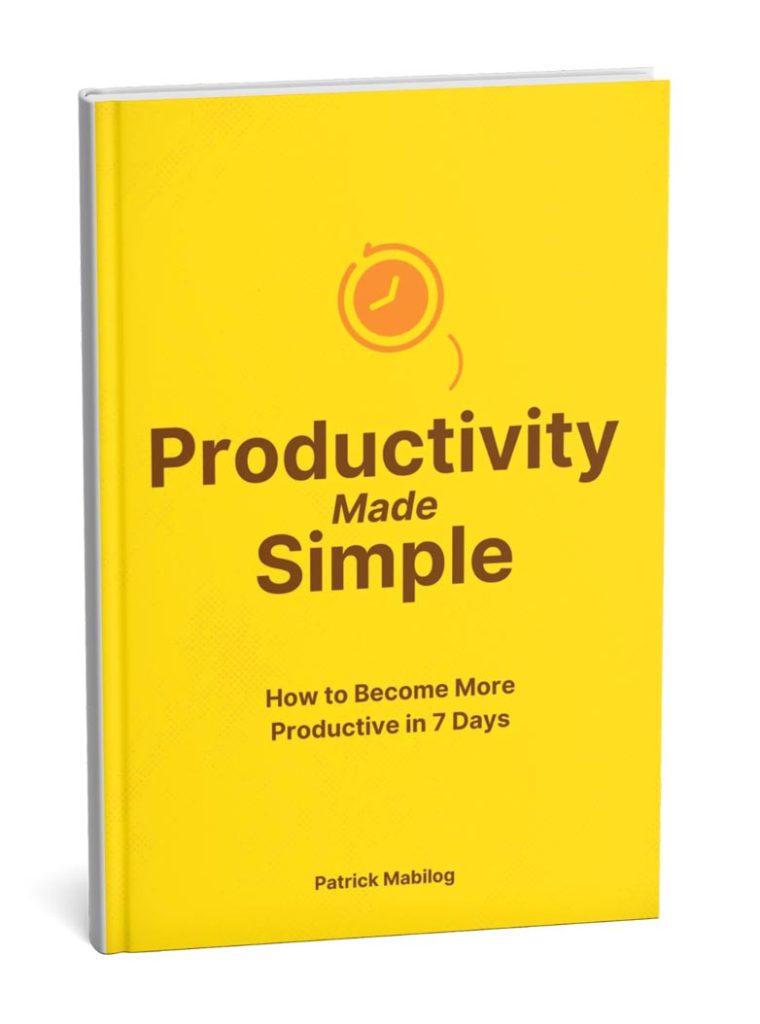When borders started opening up post-COVID-19, my family and I took very little hesitation to travel again. And we started traveling a lot (#revengetravelers). Because we now have two kids, Ces and I decided that we were going to bring Sam’s yaya with us when we travel with the kids so that we wouldn’t get too stressed during trips and enjoy ourselves as much as we could.
We were extremely happy when Leo (our helper) started posting all her trips on Facebook because it showed us that she appreciated the experience. But then I started reading the comments on her posts.
- “Wow sana ol!”
- “Kanami ba! Tani kami man.” (That’s so nice. I wish we would experience that too)
- “Libreha man kami!” (Treat us also!)
- “Sene el!”
- “Zana ol”
- “SANA ALL!”
I’ve been thinking a lot lately about this “Sana All” culture that has grown online. Facebook groups, Instagram profiles, and posts showing lavish lifestyles, travels, home upgrades, shopping carts, and the string of people saying “wow, sana all!” Many times, it comes from true happiness for someone who we see is getting ahead in life or experiencing nice things. But then other times, it comes from unchecked envy.
Is Luxury and Style Really the Key to Happiness?
We live in a time when social media tries to hype up lifestyles. We see posts of influencers on the beach, sporting luxury bags, riding yachts and private planes. Because the lighting is great, pimples are gone, and background music is trending, we think that’s the life that we want to live. There are fundamental problems to this thinking, however.
- First, many of these supposed “lifestyles” are touched up to make it more luxurious than it truly is.
- Second, there’s no guarantee that behind all that make up and glam is a happy soul. Sometimes, the irony of it is those who appear happiest on the outside are more empty on the inside.
Will More Make You Happier?
I’ve been diving a lot into ideas around Stoicism and Minimalism lately. These days, I’m starting to realize how many of the things in my own life that make me happy have very little to do with the lifestyle I have and the material things I’ve acquired. We’ve been able to achieve a lot at this stage of our lives. We’ve traveled excessively, reached seven-digits in net worth before the age of thirty, purchased two properties, started a successful business, and many other things in life.
But in my yearning for things that truly add value to our lives, I’ve come to realize this: joy doesn’t always come from the things you get. Don’t get me wrong. I am beyond grateful for the things God has blessed us with. But I often find myself asking, “what would happen if I lost all my material possessions tomorrow?” It would hurt for sure. I would be devastated. But that would only be so because I realize how sometimes wealth can be a curse. As fleeting as all of these things are, we tend to attach too much of our identity, worth, and happiness on what we have.
Godliness with Contentment is Great Gain
I don’t look far. I return to the truth that guides us through all seasons— both plenty and lacking:
But godliness with contentment is great gain. 7 For we brought nothing into the world, and we can take nothing out of it. 8 But if we have food and clothing, we will be content with that.
1 Timothy 6:6-8
Today, be reminded that while material blessing is a wonderful expression of God’s favor on your life, it is not what makes you “gain.”
First, godliness— being rooted in God’s character and heart— is the first key to true joy. Remember that what you have is not who you are. You are who God says you are. And the closer you are to His character and heart, the more you find true gain in life.
Secondly, contentment is your key to having more. As Pearl S. Buck once said, “Many people lose the small joys in the hope for the big happiness.” It’s hard to be happy with what you have when you’re always focused on what you don’t have. The best way to lose sight of how blessed you are is to focus on how “blessed” other people are. What are you choosing to focus on today?
So What Now?
I’ve been following a simple formula that has been a guiding force for me in my search for a truly happy life for me and my family. There are three simple practices in this formula: evaluate, eliminate, and enjoy. Let me walk through each one.
1. Evaluate
“What truly makes you happy?” And by truly I mean truly. I want you to take a quick look on your Instagram or Facebook feed. Look at all the things that your friends are enjoying. Then answer that same question again. Watch how the tug of your heart can change really quickly.
This quote from “The Minimalists” really wrecked me: “The kind of debt that creates the most problems in our society comes from a felt need to keep up with appearances, placing unnecessary burdens on yourself in order to maintain some kind of image.”
The heart is one of the biggest liars. Our hearts tell us we want something when we really don’t. We just want them now because everyone else has them. So every time a new desire comes into your heart, take a step back and ask yourself, “Do I really desire this or is this something I just want because someone else has it?” Keeping up with the Joneses is the best way to live an unfulfilled life. So evaluate your desires every time you get the chance.
2. Eliminate
Our miseries don’t always come from things we don’t have. Sometimes, it also comes from things we think we need, but really don’t. Think about it:
- That toxic relationship.
- An energy-draining job.
- An unnecessary side hustle when you already have enough.
- The expensive items you’re always worried will get stolen.
- The investments that you’re afraid will take a downturn.
In “The Psychology of Money,” author Morgan Housel talks about moving goal posts. Our money goals are a great thing to have. But often, when we hit goals, we tend to move the goal post a little more so we can get more. But more isn’t always better. In fact, the additional income could be hurting you more than it is helping you. It’s eating too much of your time, your headspace, your relationships.
Take the time to audit what you have and ask yourself if you’re holding on to too much for the sake of security, significance, or some fallacy of success. Realize that success isn’t always about gaining the most. It can also come from letting go and not allowing temporal things to be the basis of your validation and worth.
3. Enjoy
Only a few days before this writing, I was on a vacation with my wife for our tenth year anniversary. It was one of the most lavish trips we’ve ever had. But after all the years of working hard and saving up, we thought we would allow ourselves room to enjoy ourselves. Midway through the trip, I opened up all our online banking accounts and thought of ways to scrimp on the trip. Luckily, I was having the time of my life, and so was my wife. I couldn’t help but be filled with joy when I saw her light up with every experience we went on together. I stopped counting the centavos and began counting the memories.
There’s nothing wrong with living a little bit. Yes, there are bills to pay and savings goals to reach. But if we stop living just to give room to our anxieties, we’re not going to live life to the full. So work as hard as you can today and prepare for the future. But when the future comes, realize that life isn’t all about preparation. It’s about the encore too.
Success is Subjective
The world seems to have a fixed way of defining what success looks like. It’s about attaining a certain lifestyle and having more of everything. But what if success wasn’t about having more stuff, more money, or more experiences? What if it’s different for each one of us? We are all on our own unique path, and the journey and destination don’t have to follow the same template.
You owe it to yourself to understand what that road looks like, what milestones you want to reach, and what mission you have to fulfill. Only then will we realize that success isn’t out there. It’s in you. You just haven’t unearthed it yet.





